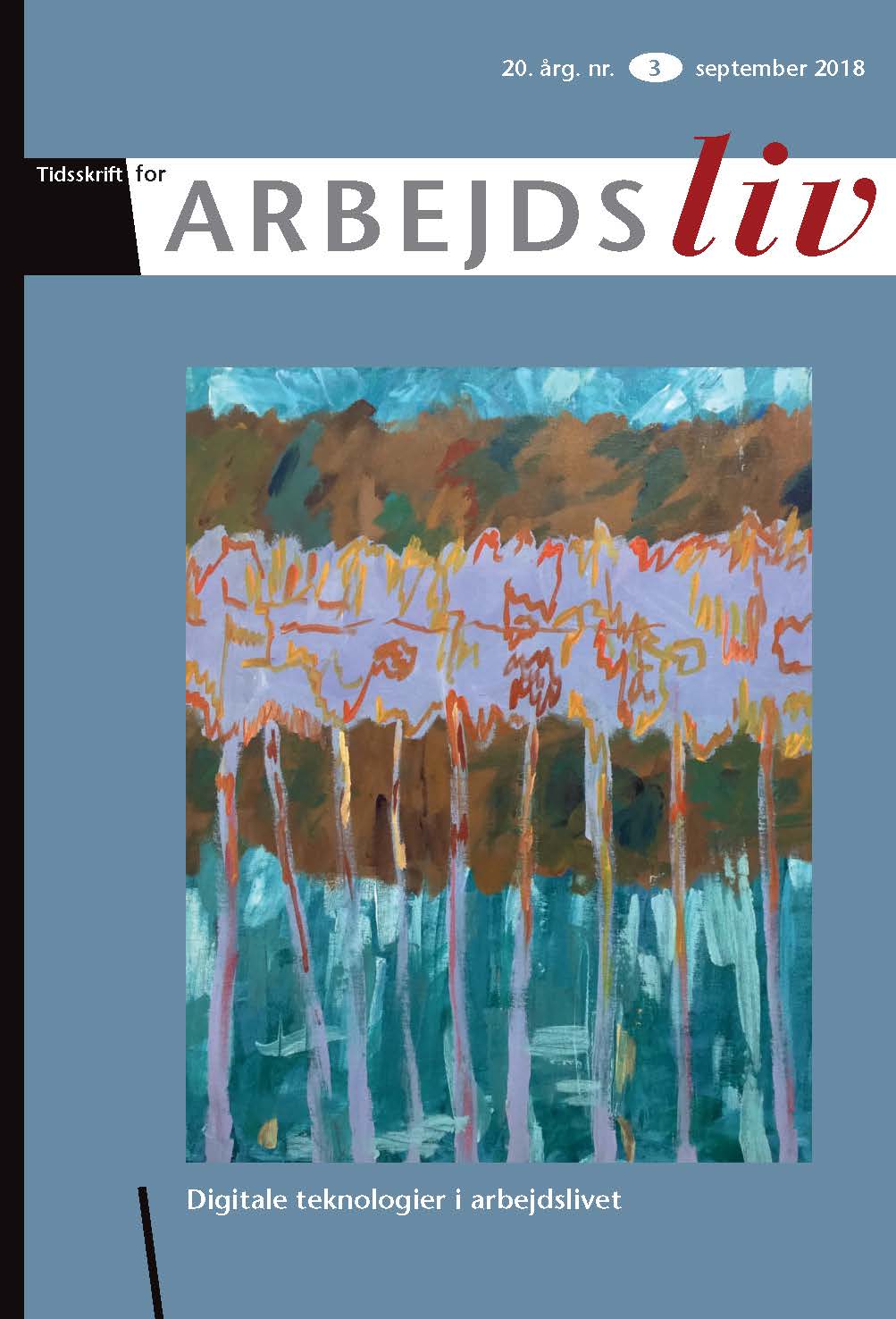From discretion to algorithms
Digitization-ready legislation and the automation of administrative work processes
DOI:
https://doi.org/10.7146/tfa.v20i3.110811Abstract
An ongoing, ambitious digitization agenda is currently transforming Danish public organizations as digitization-ready legislation is becoming a cornerstone in organizational development projects. ‘Digitization- ready legislation’ refers to the practice of vetting existing and new laws to make them simpler and unambiguous with the aim of allowing automation. In principle, robots are meant to do routine administrative work to save resources – but this has the consequence that more routine tasks need to be created across organizations by reducing legislative elements, which otherwise demand professional discretion. We show how digitization-ready legislation depends on the reduction of discretion in administrative work processes, through the simultaneous reorganization of work, legislation, and development of digital solutions. The article challenges the distinctions between ideas, policy making, legislation, technology implementation and organizational practice often assumed in macro studies of digitization. Through an empirical study based on documents and interviews with managers across the public sector, we show how these elements are associated in networks, and we discuss the work done to substitute more fragile elements (humans) with more solid elements (robots). Throughout the material, humans are portrayed as a source of mistakes, slow case processing and problematic subjective bias that may result delays or unfair treatment. The article points out how the substitution of humans with robots create new frailties in networks, for instance when employees have to compensate for mistakes made in automatically generated decisions, when they have to help citizens help themselves on digital self-service platforms, or when they have to redefine their tasks.
Downloads
Published
How to Cite
Issue
Section
License
Forfattere, der publicerer deres værker via dette tidsskrift, accepterer følgende vilkår:
- Forfattere bevarer deres ophavsret og giver tidsskriftet ret til første publicering, samtidigt med at værket ét år efter publiceringen er omfattet af en Creative Commons Attribution-licens, der giver andre ret til at dele værket med en anerkendelse af værkets forfatter og første publicering i nærværende tidsskrift.
- Forfattere kan indgå flere separate kontraktlige aftaler om ikke-eksklusiv distribution af tidsskriftets publicerede version af værket (f.eks. sende det til et institutionslager eller udgive det i en bog), med en anerkendelse af værkets første publicering i nærværende tidsskrift.
- Forfattere har ret til og opfordres til at publicere deres værker online (f.eks. i institutionslagre eller på deres websted) forud for og under manuskriptprocessen, da dette kan føre til produktive udvekslinger, samt tidligere og større citater fra publicerede værker (se The Effect of Open Access).





